Dear Zuess,
How do you get good at pricing homes? Twice now I’ve lost a listing because my price was wrong. Once it was too high and the other time it was too low and the house ended up selling for $40k more than I thought. I am not only losing the listings, I’m starting to second guess myself all the time. Is there a course or something that I can take?
Yves
Dear Yves,
Pricing matters in real estate and unfortunately, it’s not an exact science. By definition, market value is uncertain as it estimates the value based on what we think buyers and sellers will agree on. To make this estimate, we look at what different buyers were willing to pay for different properties in the recent past. There are a lot of variables in this process and this creates a large margin for error.
Let’s look at the formal definition of market value:
“The most probable price (in terms of money) which a property should bring in a competitive and open market under all conditions requisite to a fair sale, the buyer and seller each acting prudently and knowledgeably, and assuming the price is not affected by undue influence”
I recommend that you keep a copy of this definition with your listing presentation material. It will help you focus on what you are trying to estimate when you are pricing homes and it will help your potential clients understand that your price is an estimate based on factors that we cannot always determine accurately.
The most difficult thing about market value is that it can change very quickly. It can jump up if there are several buyers  desperate to get a home in a certain neighbourhood and there is nothing for sale. It can drop significantly due to changes in the economy, world news, threats, rumours, and such.
desperate to get a home in a certain neighbourhood and there is nothing for sale. It can drop significantly due to changes in the economy, world news, threats, rumours, and such.
Many of these things are beyond our ability to predict.
I had several listings when the World Trade Center Disaster occurred and their value changed significantly in an instant.
To get good at pricing, understand the definition and then practice. Inspect as many homes as you can in your market place. Estimate what you feel they will sell for. Think deeply about how buyers will perceive this product in this market at this time. Make notes about what you think the home will sell for and why you think that. Then go back when these homes sell and see how accurate you were. If you are way off, speak with your broker or other agents in your marketplace to uncover what information you are missing when estimating values.
I use to underestimate home prices on busy streets. It was my own personal bias because I really value quiet and couldn’t imagine living with the traffic noise. As a result, I only ever sold one home on a busy street in 28 years in the business and I felt guilty about it. (They are still living happily on Mt. Pleasant Avenue in Toronto after 16 years). It’s challenging to keep our biases out of the process but awareness and practice will get you there.
A course on pricing? Good idea. I’ll work on it.
Zuess
Columnist, The Nature of Real Estate
